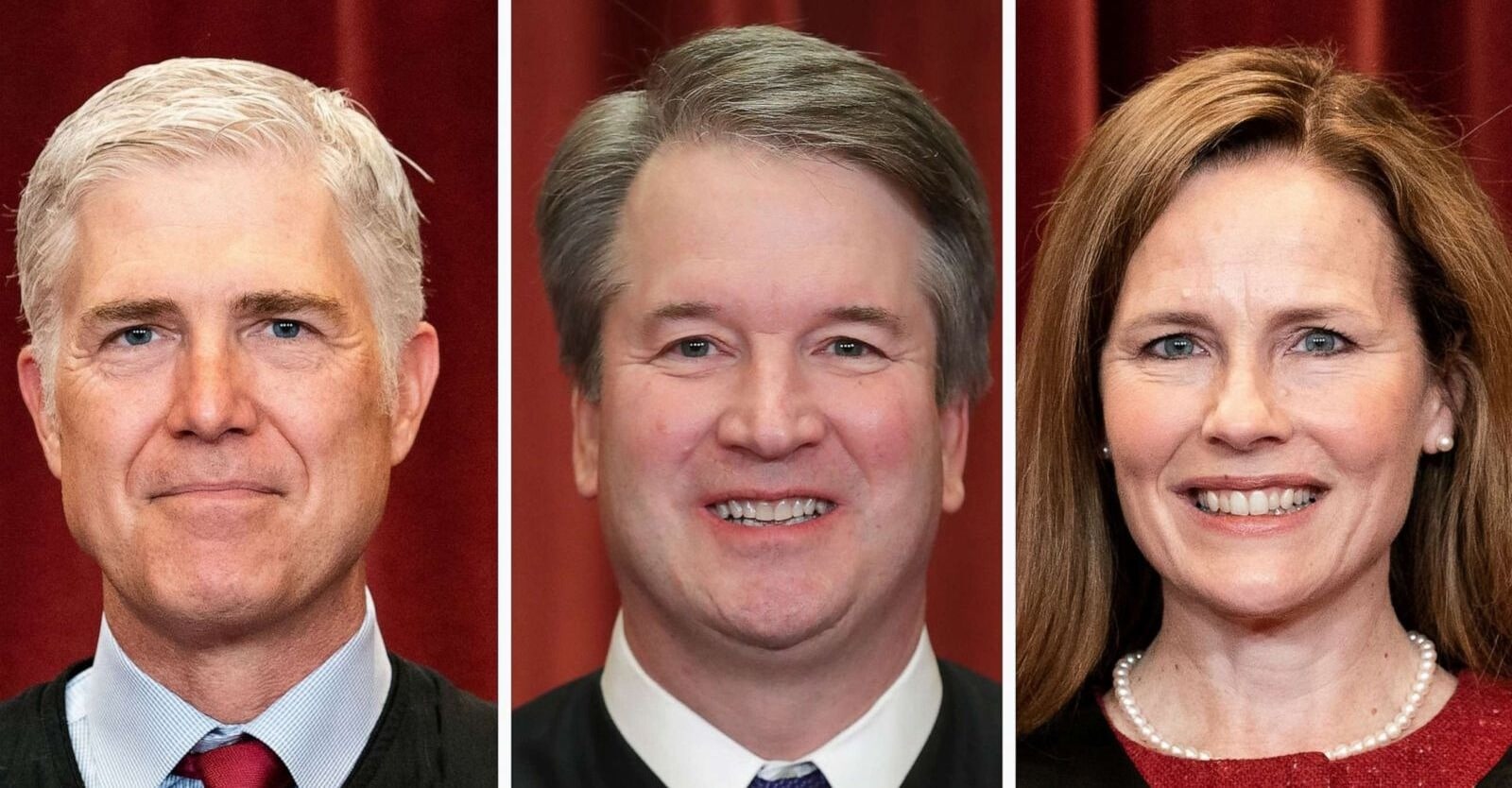OPINION: This article may contain commentary which reflects the author's opinion.
A Missouri police sergeant who alleges that illegal discrimination was the cause of unfavorable employment decisions made against her will have her case heard by the U.S. Supreme Court.
St. Louis police officer Jatonya Clayborn Muldrow claims that because she is a woman, she was demoted, denied a requested transfer, and forced out of the intelligence unit. She claims that her sex led to her being given a dead-end job after serving in a high-level position.
The case is being closely watched given the Supreme Court will wrestle with what protections Title VII of the Civil Rights Act of 1964 affords an employee who claims she was the victim of a discriminatory transfer.
“Muldrow v. City of St. Louis involves a sex discrimination claim by a police officer who alleges that she was transferred to a less prestigious position due to her gender. The Eighth Circuit Court of Appeals dismissed the claim because the plaintiff did not allege that the transfer resulted in termination, demotion, or loss of pay. The court will determine whether a transfer to another position that appears on its face to be equivalent can form the basis for a sex discrimination claim,” the Epoch Times reported.
“If the plaintiff prevails, this would create an opportunity for employees to sue for discrimination based on less tangible changes to the terms and conditions of their work. The Supreme Court could conclude that the employee’s own subjective view of the changes can result in an actionable discrimination claim. The court will hear arguments on the case in the fall, with a decision expected late in the year or in early 2024,” the outlet added.
The Supreme Court issued a slew of rulings before its term ended last month.
The U.S. Supreme Court has rejected a closely-watched case that could have impacted future elections in a big way.
“The U.S. Supreme Court rebuffed a legal theory that argued that state legislatures have the authority to set election rules with little oversight from state courts, a major decision that turns away a conservative push to empower state legislatures,” Politico reported.
“By a 6-3 vote, the court rejected the ‘independent state legislature’ theory in a case about North Carolina’s congressional map. The once-fringe legal theory broadly argued that state courts have little — or no — authority to question state legislatures on election laws for federal contests,” the outlet added.
The case was closely watched as some warned that it could have upended the 2024 presidential race.
In a separate case, the Court unanimously decided in favor of a postal worker from Pennsylvania in a significant religious liberty case involving the appropriateness of employers’ accommodation of religious preferences in the workplace.
Christian mailman Gerald Groff of Pennsylvania requested the court to rule on whether the U.S. Postal Service may make him deliver parcels from Amazon on Sundays, which he observes as the Sabbath. His lawyer, Aaron Streett, argued in April that the court needed to review a decision from 50 years ago that set a standard for figuring out when companies have to make allowances for their workers’ religious practices.
In a 9-0 decision, the Supreme Court rejected a ruling from 1977 that mandated that businesses must “reasonably accommodate” an employee’s religious practices as long as doing so does not put an “undue hardship” on the company.
The nation’s highest court also issued a momentous decision saying that universities cannot overtly take applicants’ race into account when making admissions decisions. This decision will fundamentally alter how colleges may draw in a diverse student population.
The Harvard and University of North Carolina admissions procedures, both of which offer more weight to candidates from certain minority groups, were struck down by the conservative-majority Supreme Court in a 6-3 decision.
Both UNC and Harvard were sued over allegations of discrimination against Asian and white Americans, with some arguing their civil rights were violated in the admissions process.
